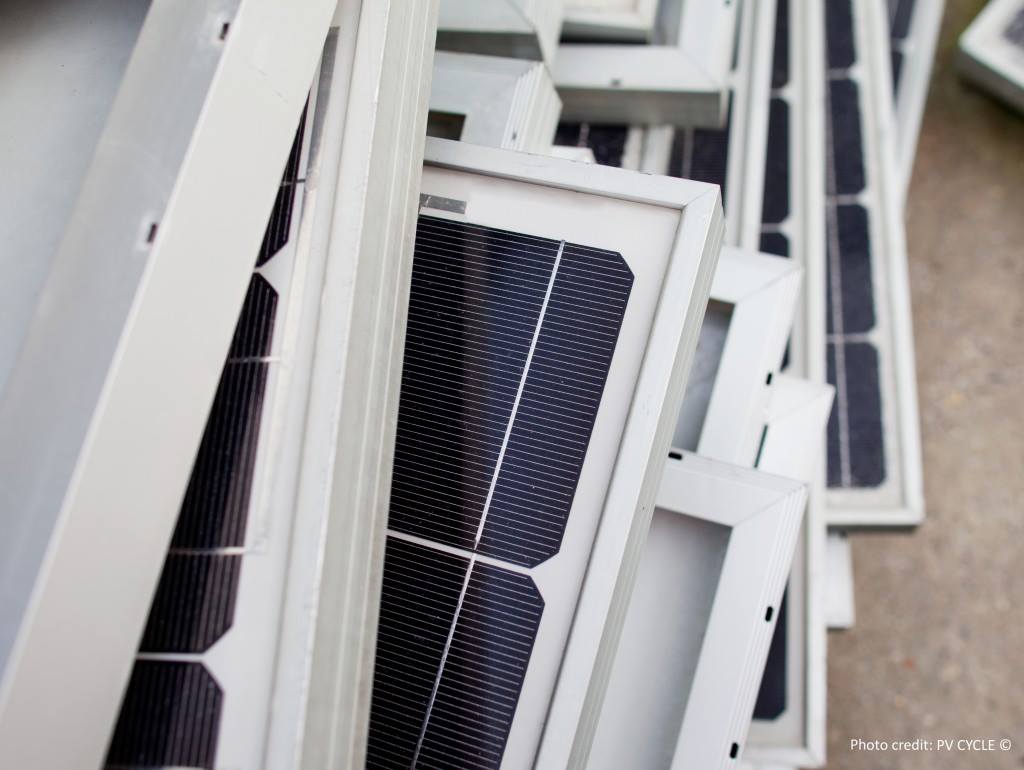European solar recycling association PV Cycle has published a position paper evaluating the inclusion of PV panels under the scope of the Waste Electrical and Electronic Equipment (WEEE) directive, which came into force in the European Union in 2012. The association argues that PV panels do not fit WEEE legislation on multiple fronts and should therefore be excluded from the directive.
PV Cycle argues that solar panels should be excluded from the European Union's Waste Electrical and Electronic Equipment (WEEE) directive due to their differences from other electrical and electronic equipment. The organization recommends implementing Extended Producer Responsibility (EPR) legislation for all renewable energy products and equipment in the European Union.
According to PV Cycle, solar panels generate electricity rather than consuming it like other EEE products. They have long lifetimes and require financing for future costs, making them investment products. PV Cycle highlights the impact of energy policy, geopolitical decisions, and subsidy mechanisms on the solar panel market, as well as their uneven deployment across member states.
PV Cycle invites the European Commission to exclude photovoltaic panels from the WEEE directive's scope and conduct an impact assessment of EPR legislation for renewable energy products. EPR is a strategy to incorporate environmental costs throughout a product's life cycle into its market price. PV Cycle emphasizes that EPR frameworks should be tailored to investment products that generate electricity, as they differ from short-lived consumer EEE products like TVs and washing machines.
If PV panels remain within the WEEE directive's scope, the position paper offers 10 recommendations to adapt the directive. One recommendation calls for abandoning collection rates or targets for PV panels, as they are designed for long-term use and can be repowered or revamped.
PV Cycle proposes replacing collection rates with “Key Performance Indicators” that consider the extended lifetime of solar panels, highlighting the negative impact of the 65% collection target in various member states.
This content is protected by copyright and may not be reused. If you want to cooperate with us and would like to reuse some of our content, please contact: editors@pv-magazine.com.



This is akin to reinventing the wheel, while creating huge legal jeopardy. The WEEE framework can be improved but is a sound legal foundation, with a large jurisprudence.
The WEEE already provide specific targets by waste categories. And there are a significant numbers of EEE with similar lifetime as PV, such as air conditionning units, or heaters.
The PV waste target collection of 85% of WEEE generated could be discussed, but not a single waste stream is regulated without a collection targets. Who seriously believes that a “no collection target” is acceptable by the citizens who bear the burden of the energetical transition or by the Producers who are paying for collection and treatment?
We should focus on how to do better for PV, not less. The real issues are about the recovery of critical raw materials and the development of second life to extend product lifetime further.